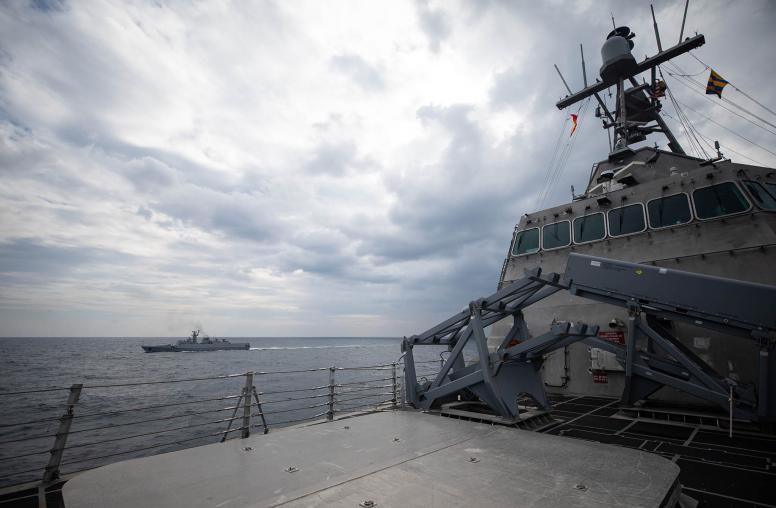African Foreign Policies in Transition
Grant Program Presentation
Are the foreign policies of key African states in a period of transition? If so, in what ways are they changing and with what results? Have governments used the African Union and regional organizations to promote peace, stability and economic development on the continent, or have they acted independently? What are the implications of strong African states’ foreign policies for their neighbors and for their own domestic affairs?
Three recipients of Institute grants addressed these and other questions by focusing on South Africa’s regional policy, Nigeria’s transition to democracy and military reform, and the capacity of regional and sub-regional organizations in Africa to conduct peace operations.
Speakers
- David Coetzee, Publisher, SouthScan Bulletin
- Herbert Howe, Georgetown University
- Victoria Holt, Henry Stimson Center
- Pauline Baker, Fund for Peace, Discussant
- Taylor Seybolt, U.S. Institute of Peace, Moderator
Media Inquiries
Please contact the Office of Public Affairs and Communications at 202.429.3832.




